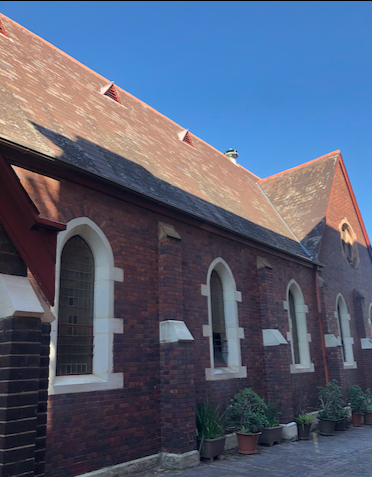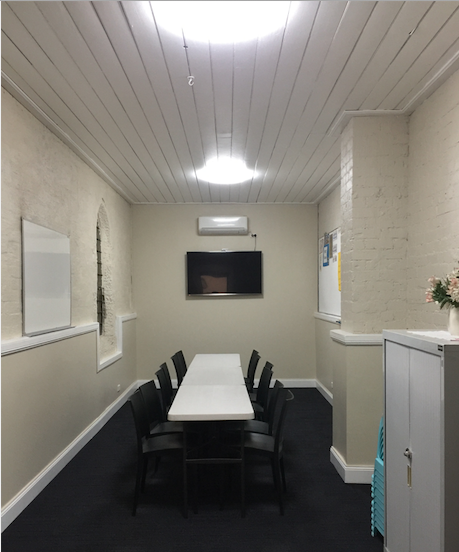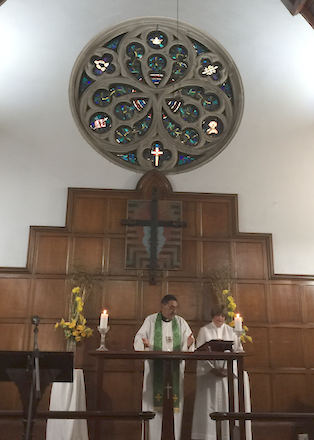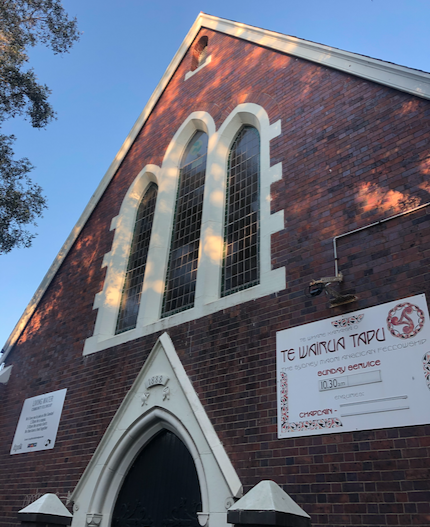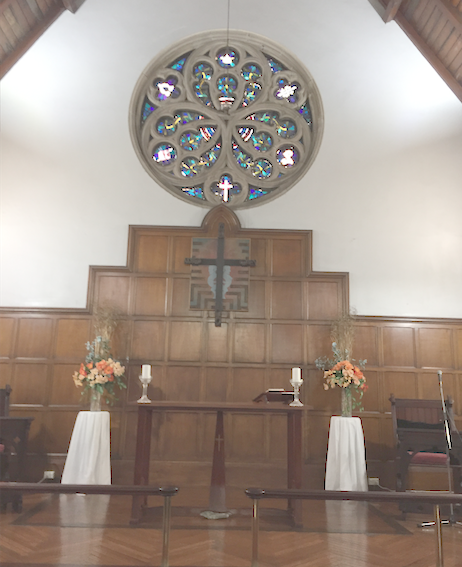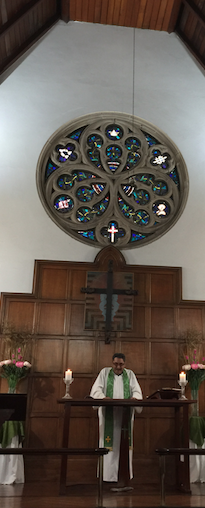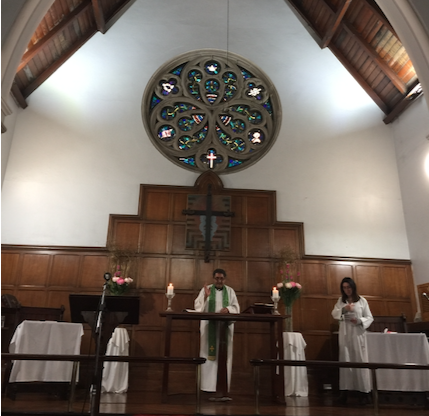
Jesus Christ our Redeemer!
Readings:
Exodus 20: 1-4, 7-9,12-20
Psalm 19:
Philippians 3: 4-14
Matthew 21: 33-46
Sentence:
“Beloved, I do not consider that I have made it my own; but this one thing I do: forgetting what lies behind and straining forward to what lies ahead, I press on towards the goal for the prize of the heavenly call of God in Christ Jesus.” Philippians 3: 13-14
Tena koutou katoa e te whanau o Te Wairua Tapu.
Jesus said, “Listen to another parable”. He could have just said, “Looks like I’m gonna have another dispute with those Pharisees.” Regardless of what we think about the Pharisees you’ve gotta give them some credit today because they got it. They understood this parable. They realised Jesus was talking about them. He told them the truth but they didn’t like it and wanted to shut him up so they thought, let’s have Jesus arrested. This is not Jesus’ first confrontation with the Pharisees nor would it be his last.
For some of us, we tend to avoid conflict and confrontation. But not Jesus. He just keeps on offending and confronting the Pharisees. Eating with the wrong people, won’t answer their questions, taunting them by breaking the law and healing on the Sabbath. He calls them hypocrites and escapes their traps, leaves them speechless and compares them to a disobedient son who won’t work in the vineyard. Jesus just never lets up!
So what’s going on? Why can’t Jesus just let go of them? And what does that have to do with us? You see, Jesus is unwilling to give up on the Pharisees or anyone else, including you and I. He just keeps on coming. Challenging and redeeming everything we believe. That’s the good news, hope and joy in today’s parable. This is not so much a parable of exclusion or condemnation as it is a parable of Jesus’ unwillingness to give up. His unwillingness to give up on us often confronts us with the truth about our lives that is almost always difficult to hear and accept. We might hear his words but do we realise he is talking too and about us?
The confrontation this parable provokes is like holding a mirror in front of us so that we can see and recognise in ourselves what Jesus sees. This is not to condemn us but to recover us from the places of our self-exclusion, to call us back to life and to lead us home. Jesus doesn’t exclude us or anyone else from the kingdom of God. He doesn’t have too. We do it to ourselves and we’re pretty good at it. That’s what the Pharisees have done. The Pharisees have excluded themselves.
“The kingdom of God will be taken away from you,” Jesus says to them. This is not so much a punishment for failing to produce fruit for the kingdom. It’s rather, the recognition of what already exists. They were given the vineyard and failed to produce and share the fruits of the kingdom. Jesus is just naming the reality and telling the truth. They have excluded themselves. In the same way, the kingdom of God will be given to those who are already producing kingdom fruits. This is not a reward but a recognition of what already exists. Where the fruit is, there also is the kingdom.
As I’ve always said, if you want to know what the fruits of the kingdom look like then look at the life of God revealed in Jesus Christ. What do you see? Love, mercy and forgiveness, justice, generosity, compassion, presence, wisdom, truth, healing, reconciliation, self-surrender and sacrifice, joy, thanksgiving, peace, obedience and humility. I’m not talking about these things as abstract ideas, things to just ponder on, but as lived out realities in the vineyards of our lives.
You see, we’ve all been given vineyards. They are the people, relationships, circumstances and events of our lives that God has entrusted to our care. That means our spouses, partners, children and family, our work, our church, our daily decisions and choices, our hopes, dreams, and concerns are the vineyards in which we are to reveal the presence and life of God, to produce the fruits of the kingdom. The vineyards, our work in those vineyards, and the fruit produced come together to show us to be sharers in God’s kingdom; or not. In other words, if we are not producing kingdom fruits we have excluded ourselves from and rejected our share in the kingdom. We are living neither as the people God knows us to be nor as the people we truly want to be. In some way we have stepped outside of ourselves and sidestepped our own life. That’s the truth with which Jesus confronted the Pharisees.
It’s the same truth that Jesus confronts us with. Do you ever struggle with perfectionism, self-condemnation and the question of whether you’re good enough? Maybe that’s self-exclusion. Do you ever feel like you have to be in control, be right and have all the answers? Are you carrying grudges, anger and resentment? Maybe that’s self-exclusion. Do you look at others and begin making judgments about their belief, choices or lifestyle? Are there people in your life that you have chosen to let go of rather than do the work of reconciliation and heal the relationship? Do you go through life just going through the motions but never really being present and never showing up? Maybe that’s self-exclusion. In your life is there more criticism than thanksgiving and celebration? Are you hanging onto some old guilt that you believe could not be forgiven? Maybe that’s self-exclusion.
As Christians, we don’t have to go anywhere to realise how important self-examination is and to address our own self-exclusion from God’s kingdom, not anyone else’s, which begins with first recognising our own self-exclusion. That means we must look at the vineyards of our lives. So, how’s your garden growing? What do you see? Is there fruit? Is there life? And are you sharing in God’s kingdom? Allowing Jesus Christ to redeem our lives allows God’s kingdom to grow in the small but vital vineyards you and I have been given. Amen.
Archdeacon Kaio Karipa
Collect:
Loving God, yours is the vineyard and the harvest. Help us to recognise the one you send and to follow him. Make us willing workers in your vineyard, so that we may offer you an abundant harvest. Through Jesus Christ our Liberator, who is alive and reigns with you, in the unity of the Holy Spirit, one God, now and forever. Amen
The Venerable Kaio Karipa
Chaplain
Sydney Maori Anglican Fellowship Church of Te Wairua Tapu
www.tewairuatapu.com.au

